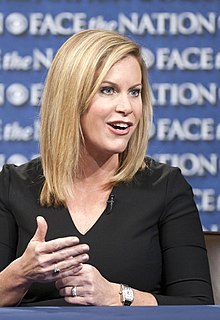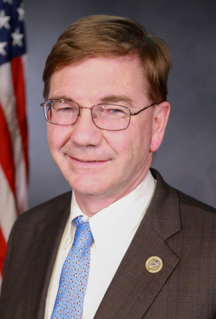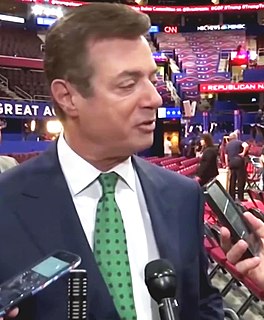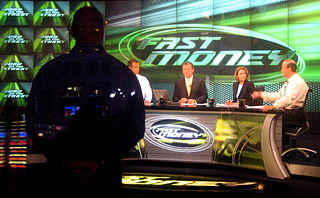A Quote by Thomas Frank
Americans have known about mounting inequality and king-sized Wall Street bonuses for years. But we also had an entire genre of journalism dedicated to brushing the problem off.
Related Quotes
Establishing a 0.03 percent Wall Street speculation fee, similar to what we had from 1914-1966, would dampen the dangerous level of speculation and gambling on Wall Street, encourage the financial sector to invest in the productive economy and reduce the deficit by more than $350 billion over 10 years.
When I was 15 years old I read an article about Ivan Boesky, the well-known takeover trader - turned out years later it was all on inside information! But before that came to light he was very successful, very flamboyant. And I thought, "This is what I want to do". So I'm 15 years old, I decide I'm going to Wall Street.
When I was 15 years old, I read an article about Ivan Boesky, the well-known takeover trader - turned out years later it was all on inside information! But before that came to light, he was very successful, very flamboyant. And I thought, 'This is what I want to do.' So I'm 15 years old, I decide I'm going to Wall Street.
The truth is not that the problem is the newsroom does not understand capitalism. The problem is that the front office does not understand journalism. The problem is not that the average reporter does not understand what it is that's necessary to make the payroll, to make the good edifice, to make the thing that he wants. It is that in fact those who control too many of the edifices have actually come to believe that Wall Street has wisdom, and that that wisdom should instruct our business.


































